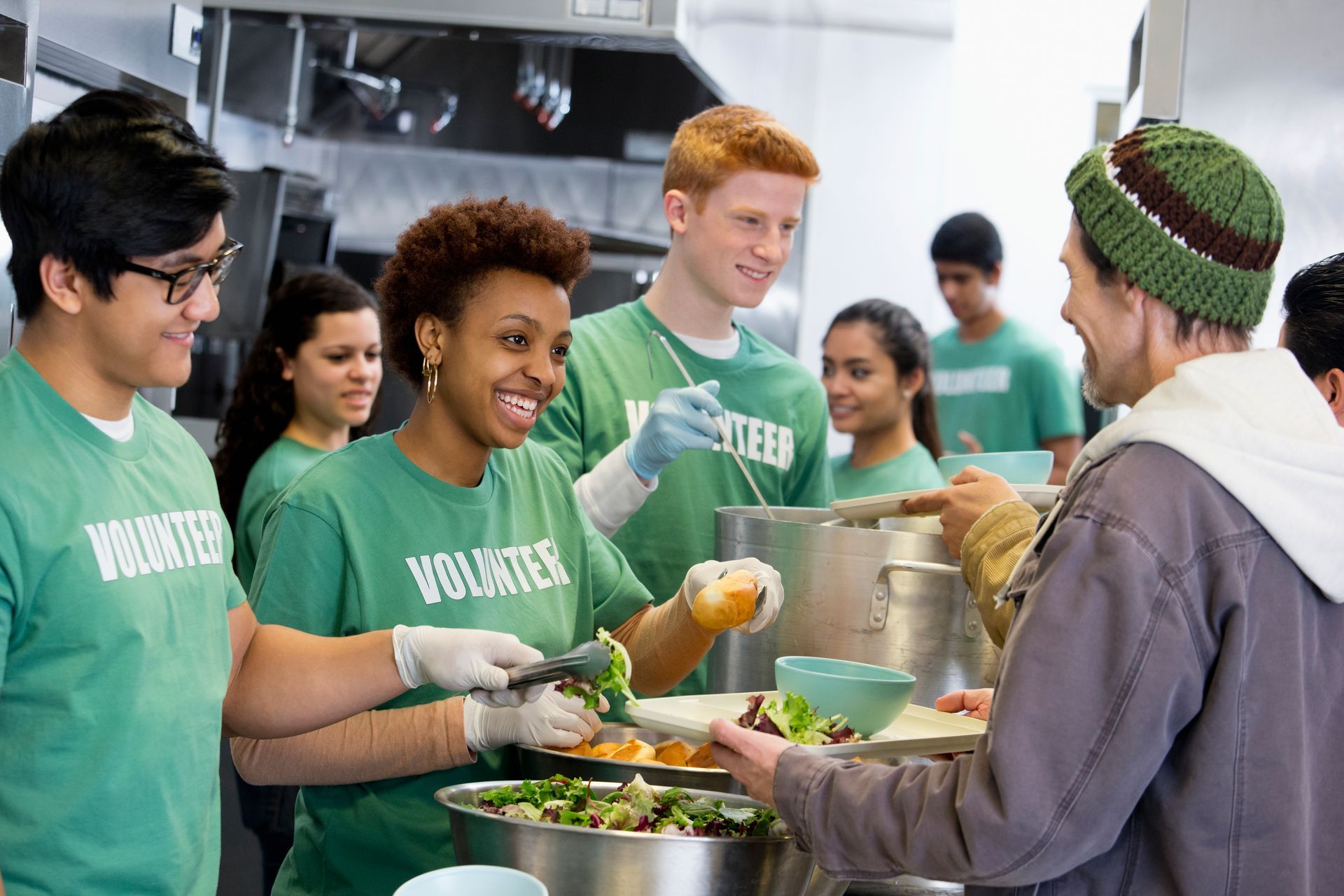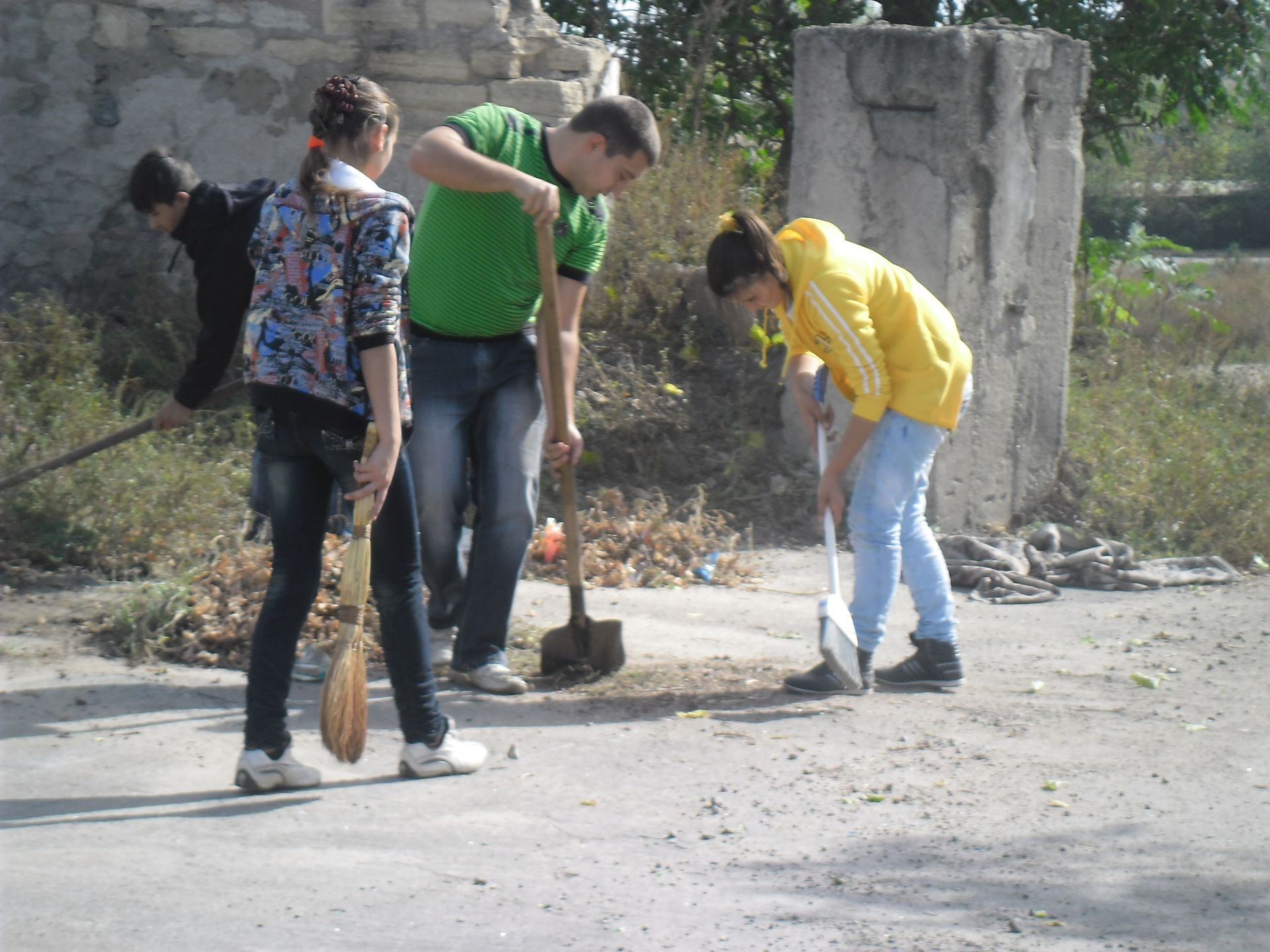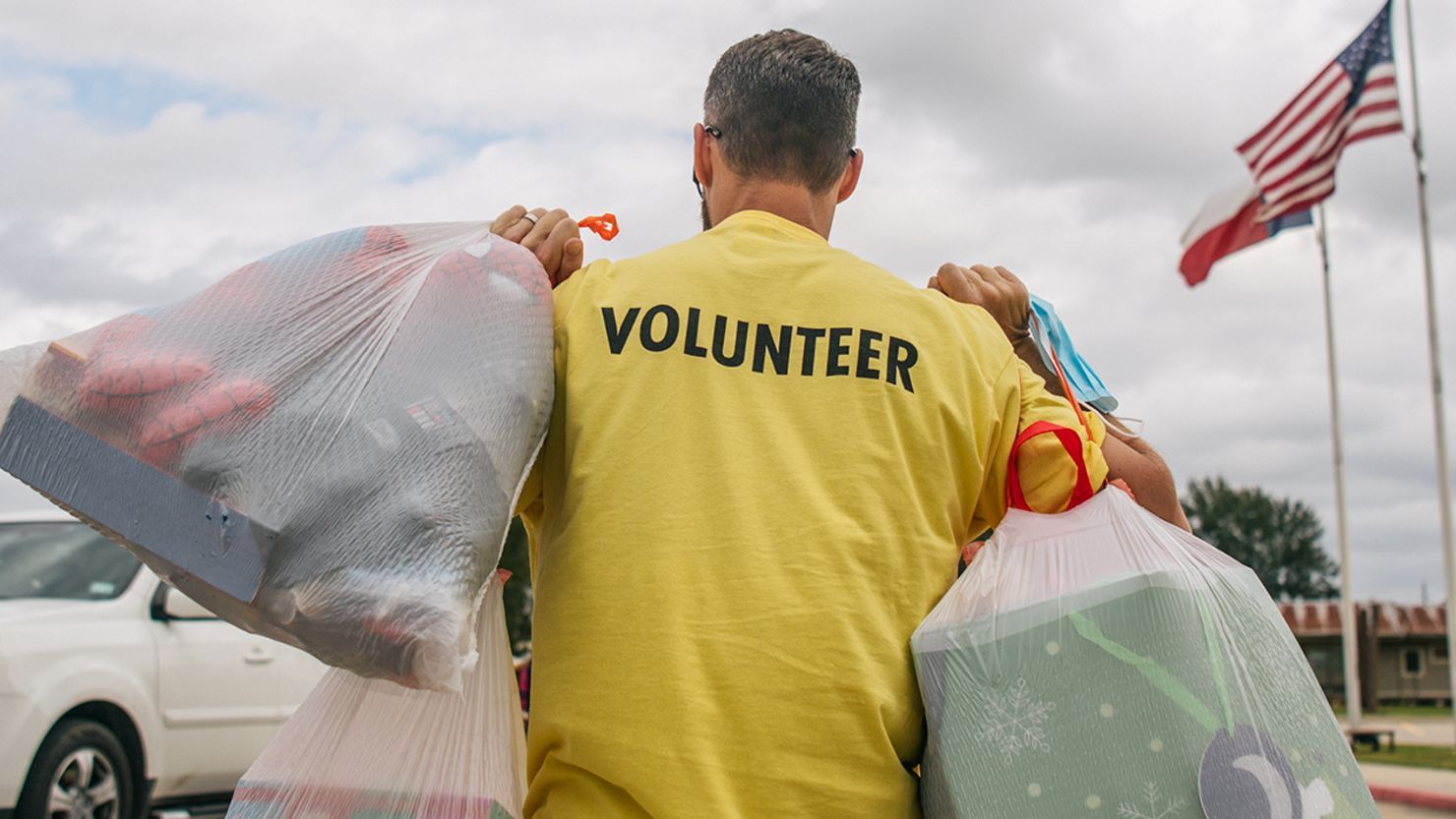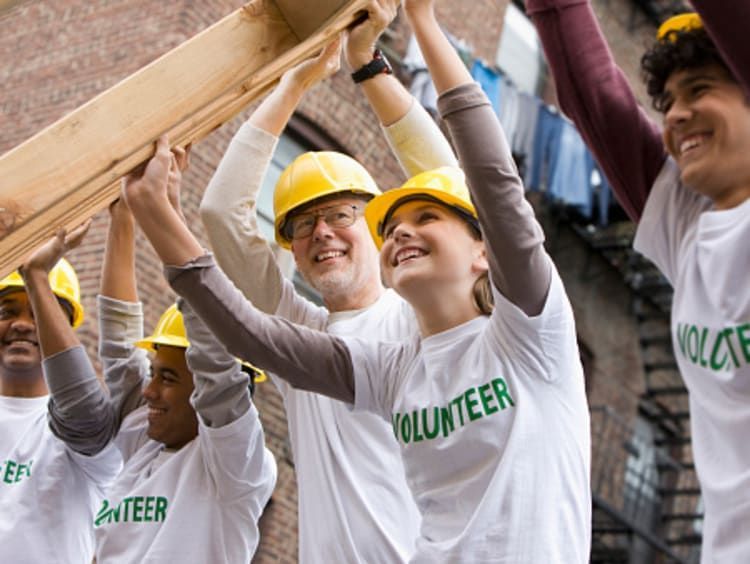How Old Do You Have to Be to Volunteer? Is 18 the Minimum?
Volunteering is a rewarding way to give back to the community, gain new experiences, and make a difference. However, understanding the age requirements for volunteering can be confusing, especially since the minimum age often depends on the organization and the role. While 18 is sometimes considered a threshold age, many opportunities are available to younger individuals. This article explores the nuances of age restrictions in volunteering, what they mean in different contexts, and the best ways for young people to get involved.
Minimum Age to Volunteer: Is 18 Really the Requirement?

The minimum age to volunteer is not set in stone. Many organizations welcome volunteers as young as 12, although minors often need parental consent or supervision. Generally, there are three main categories for age requirements in volunteering:
- Young Volunteers (Under 18): Opportunities with parental consent or supervision, often focused on community service and youth engagement.
- 18 and Above: Many roles, especially those with sensitive responsibilities, require volunteers to be at least 18 due to legal and insurance considerations.
- Flexible Policies: Some organizations assess age requirements case-by-case, depending on the role's demands and any risks involved.
Why Are There Age Limits in Volunteering?
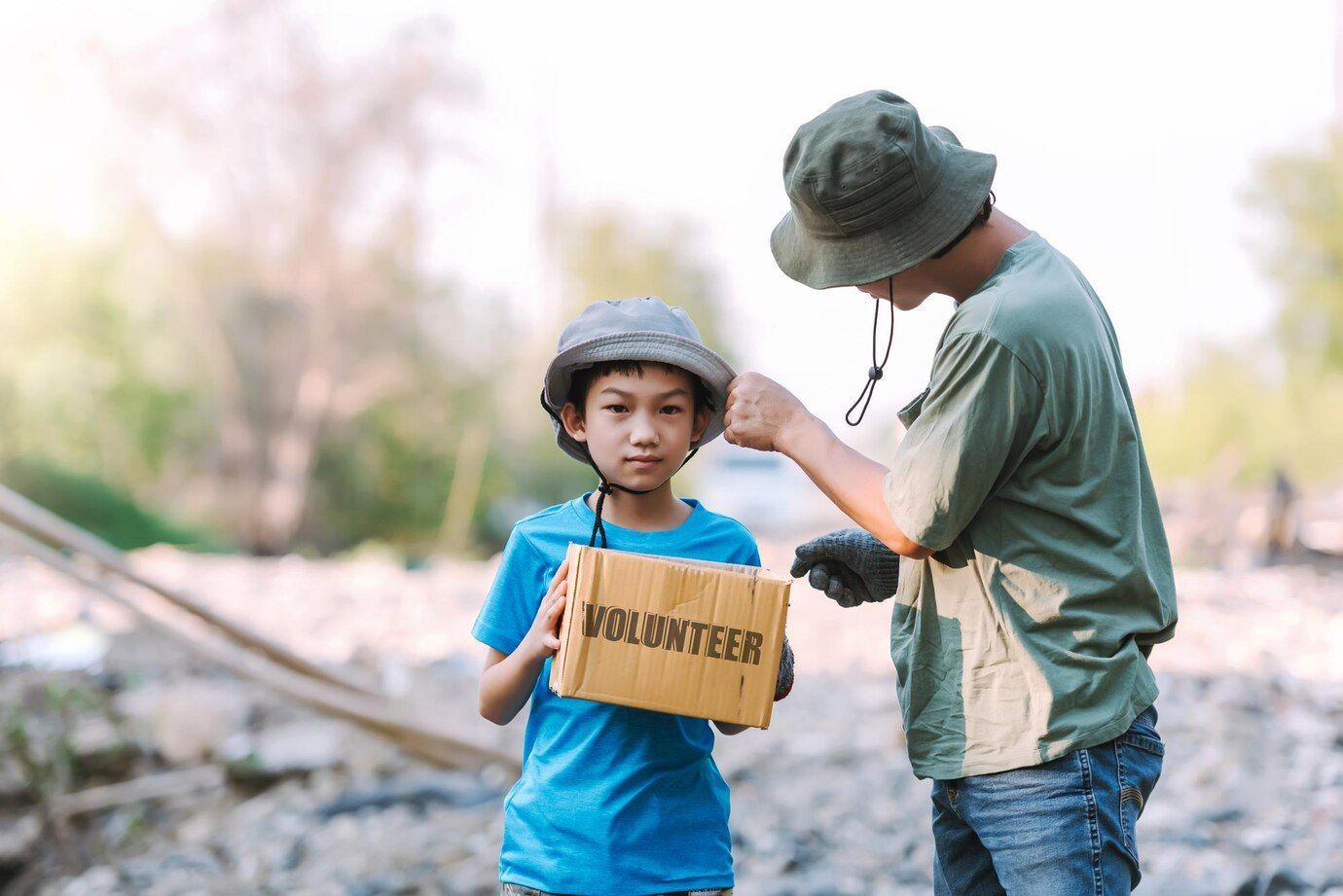
Age restrictions in volunteering stem from various legal, logistical, and safety considerations. Certain roles, such as those to Volunteer with Special Needs as an Adult, involve working with vulnerable populations or handling sensitive information, which can legally require volunteers to be adults. Insurance policies may also play a role, as some organizations are unable to insure younger volunteers for roles with inherent risks.
A Comprehensive Look at Age Requirements in Different Volunteering Sectors
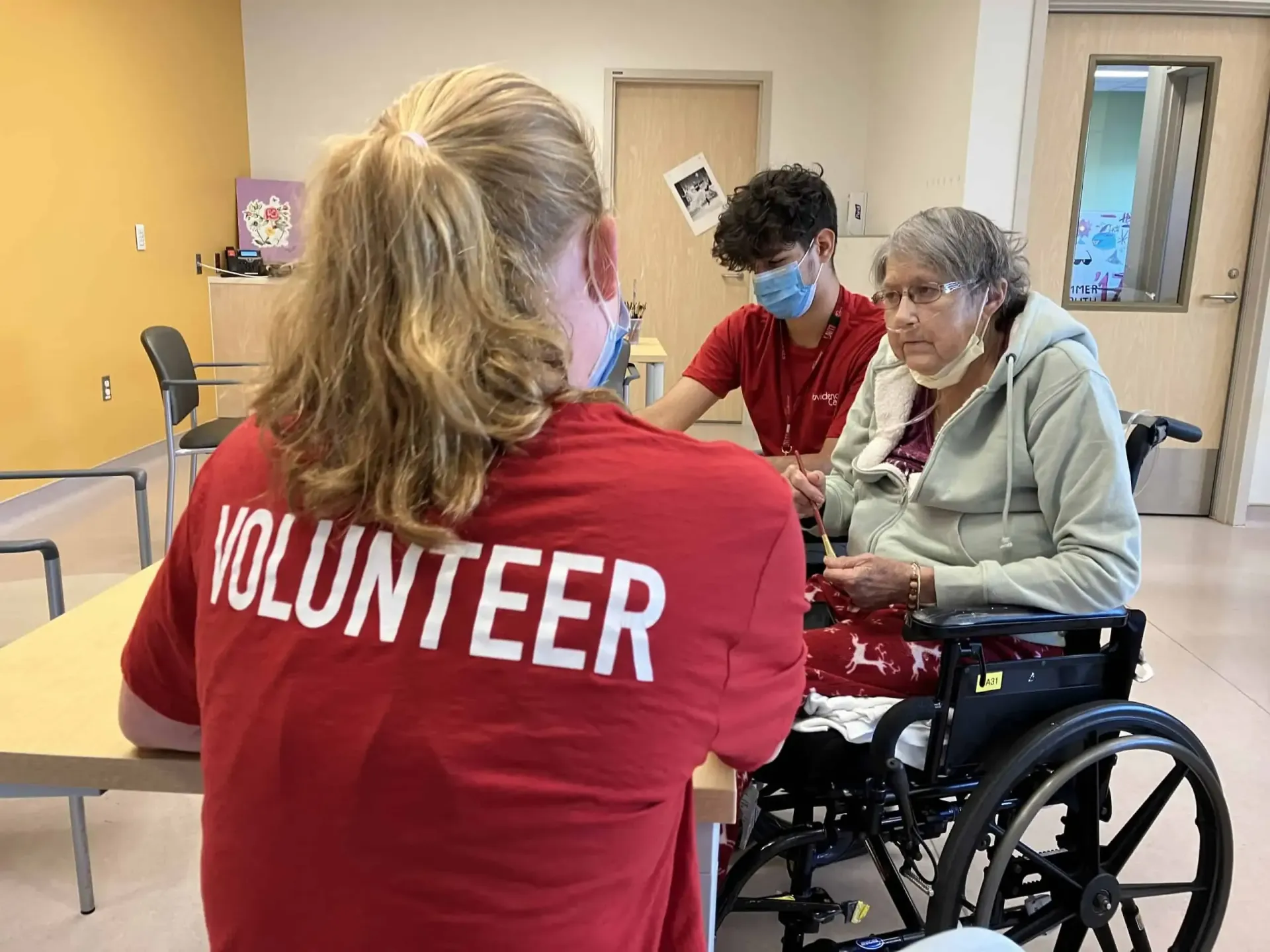
To understand age restrictions fully, it’s essential to look at how different fields approach the matter. Below are some common areas and how they set their volunteer age guidelines:
- Animal Shelters: Many animal shelters accept volunteers as young as 12, especially for roles that involve animal care or cleaning. Parental supervision is often required for those under 16.
- Hospitals: Hospitals often have more stringent age requirements due to patient privacy laws and infection control policies. Volunteers in these settings typically need to be at least 16, though some programs may allow younger teens with strict supervision.
- Environmental Organizations: Cleanup projects, park maintenance, and similar activities often welcome young volunteers, especially for events like community cleanup days. These roles are generally open to teens and children under parental supervision.
- Education and Tutoring Programs: These programs frequently offer teen volunteer roles, where they can assist younger students in after-school programs, typically starting around age 14 or 15.
Important Considerations for Young Volunteers
Check with the Organization
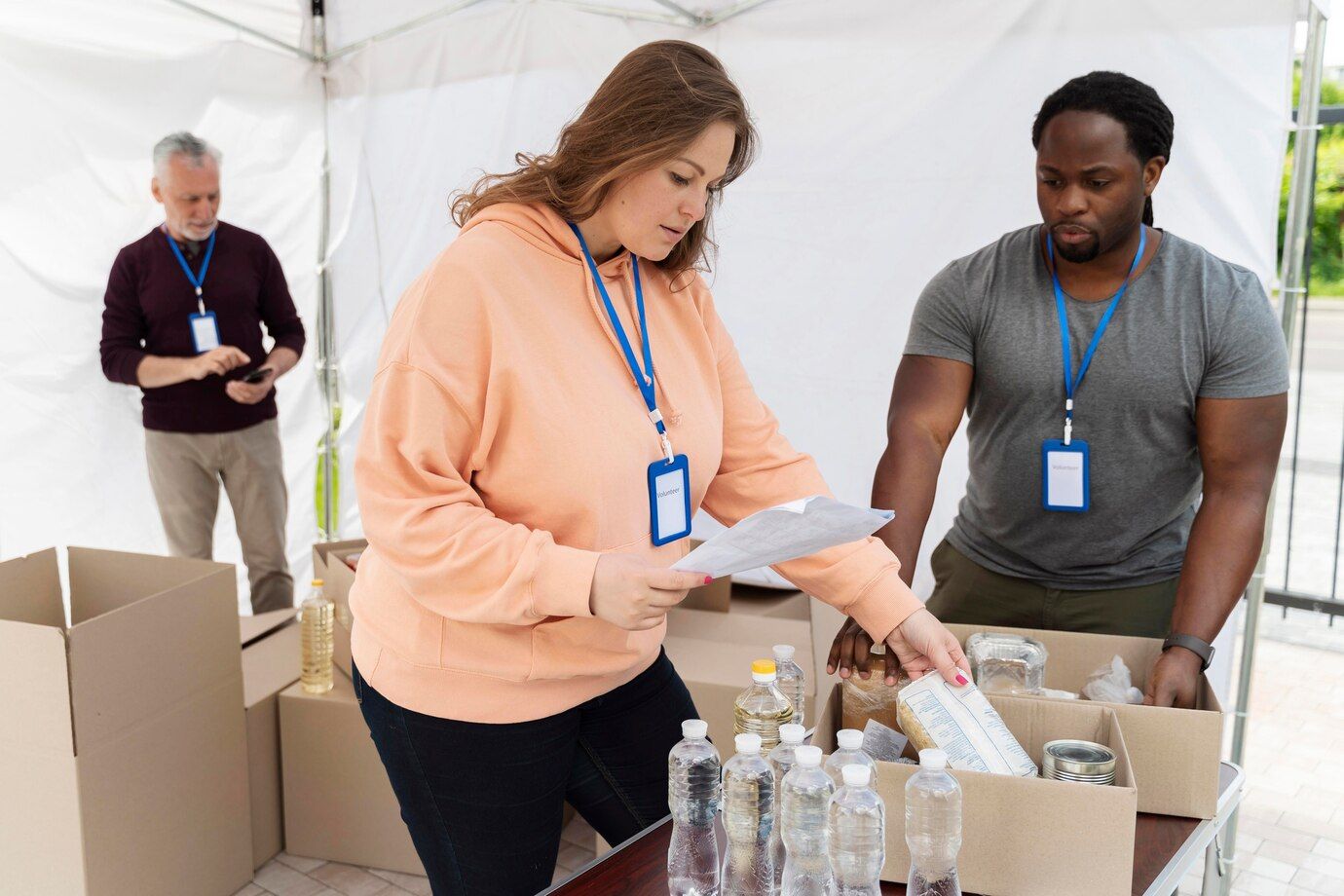
Every organization has specific rules around age, often based on the nature of the work and the need for supervision. Before you commit, contact the organization to ask about their minimum age and any other requirements. Some organizations are more flexible and may have youth-oriented programs that allow younger volunteers to participate.

Parental Consent
If you’re under 18, you may need parental consent to volunteer. Many organizations require this as a way to ensure safety and accountability for minor volunteers. Parents are often asked to sign a consent form or, in some cases, be present on-site during volunteer activities.
Youth Programs

A variety of organizations have tailored youth programs designed specifically for younger volunteers. These programs often focus on community service or light tasks suitable for teens. Some organizations partner with schools to offer volunteer programs that also fulfill community service requirements.
Age-Restricted Roles
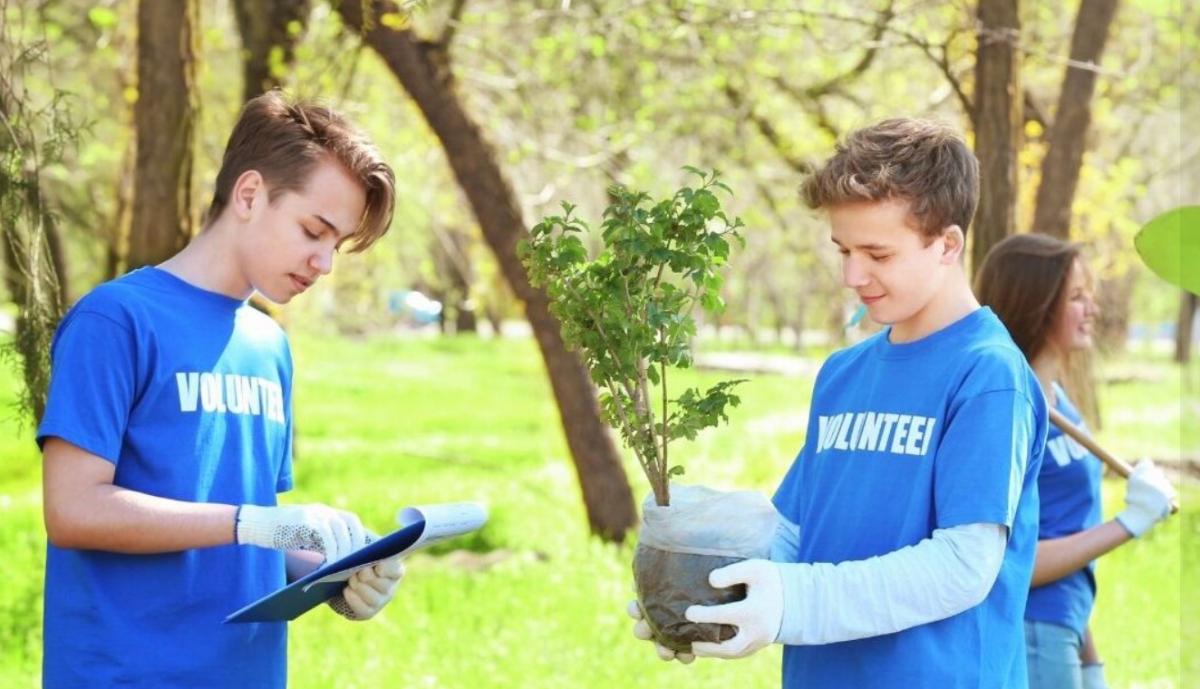
Some roles, such as those involving direct contact with vulnerable groups or high-risk tasks, often have a minimum age requirement of 18. These restrictions are designed to protect both the volunteer and the individuals they work with. For example, roles in social services, medical facilities, and counseling centers usually require adult volunteers to ensure legal compliance and to manage the responsibilities effectively.
How Can Younger Volunteers Get Involved?
Can You Volunteer if You’re Under 18?
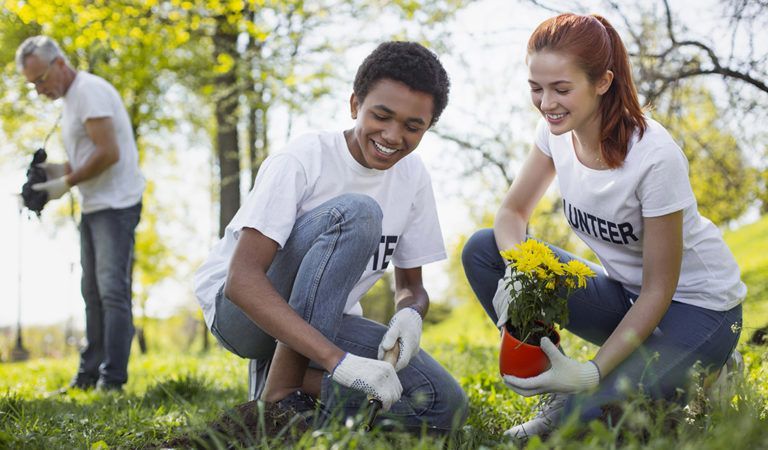
Yes, you can volunteer if you’re under 18! Many organizations encourage young volunteers, and several opportunities are specially designed for teens and preteens. Youth programs are typically centered around education, environmental conservation, animal care, and assisting at events.
These programs allow younger volunteers to make a meaningful contribution without the challenges of roles that require adult supervision. Always inquire with the organization to understand the specific guidelines and if they offer programs tailored to your age group.
Types of Volunteer Opportunities for Young People

Young people can find numerous volunteer opportunities suited to their interests and abilities. Here are a few popular options:
- Animal Shelters: Many animal shelters allow teens to help with animal care, feeding, cleaning, and socialization, often under supervision.
- Community Clean-Up Initiatives: Environmental volunteer programs welcome younger participants for activities like beach clean-ups, park beautification, and tree planting.
- Library Programs: Libraries often have volunteer roles for teens who want to help with reading programs, sorting books, or organizing events for young readers.
- Assisting at Events: Many community events, festivals, and fairs seek youth volunteers for set-up, helping with guests, and clean-up afterward.
Legal and Practical Implications of Volunteer Age Requirements
Balancing Opportunity with Responsibility
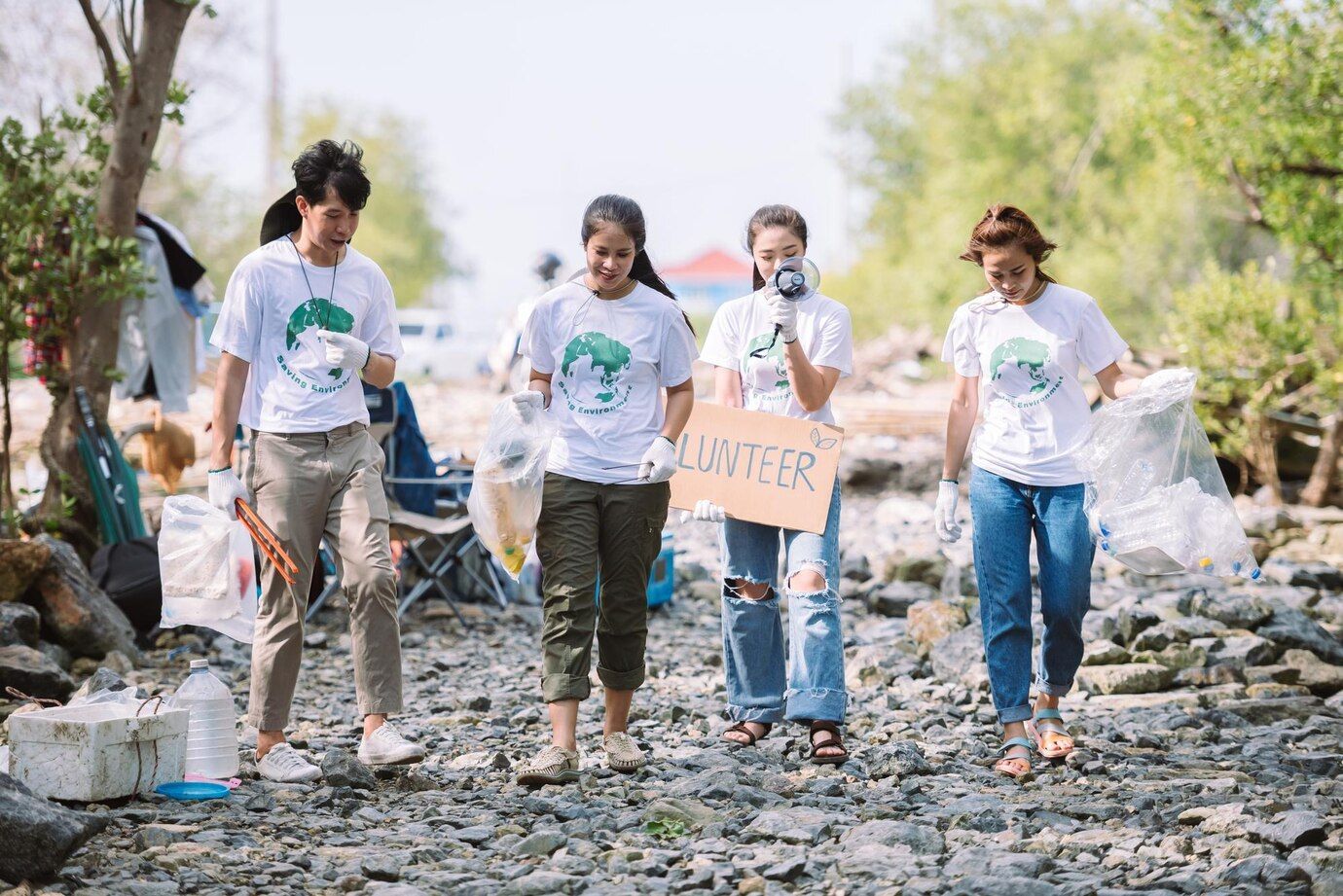
Organizations strive to provide meaningful yet manageable volunteer roles for young people. These roles are designed to be age-appropriate, emphasizing safety, learning, and enjoyment. Volunteer organizations must balance the desire to include young people with the need for legal compliance and ethical standards. This balance ensures that young volunteers have positive and safe experiences while benefiting from the chance to make a difference.
The Future of Volunteering for Young People

As organizations recognize the importance of youth engagement, the landscape of volunteering continues to evolve. More programs tailored to young people are emerging, and many nonprofits are now investing in resources to make youth involvement safer and more accessible. This shift may lead to more flexible age policies in the future, making it easier for teens and even preteens to volunteer in diverse fields.
Key Points to Remember
When considering a volunteer role, here are a few important things to keep in mind:
- Check with the Organization: Always confirm specific age requirements with the organization to avoid surprises and ensure the role is suitable for your age.
- Parental Consent: Minors will likely need a parent’s permission to volunteer.
- Youth Programs: Many organizations offer specialized youth programs that cater to young volunteers.
- Age-Restricted Roles: Some roles may be off-limits for younger volunteers due to the nature of the work.
Conclusion
The world of volunteering is expansive, and age should not be a barrier to making a difference. While some roles require a minimum age of 18 due to legal or safety concerns, many others welcome younger participants who are eager to contribute. The best approach for young people interested in volunteering is to research various organizations, understand the requirements, and get involved where they can make the most impact. By choosing the right opportunities, teens and preteens can experience the rewards of volunteering, learn valuable skills, and start building a lifelong habit of community involvement.

